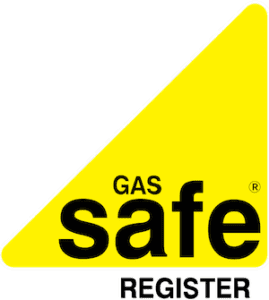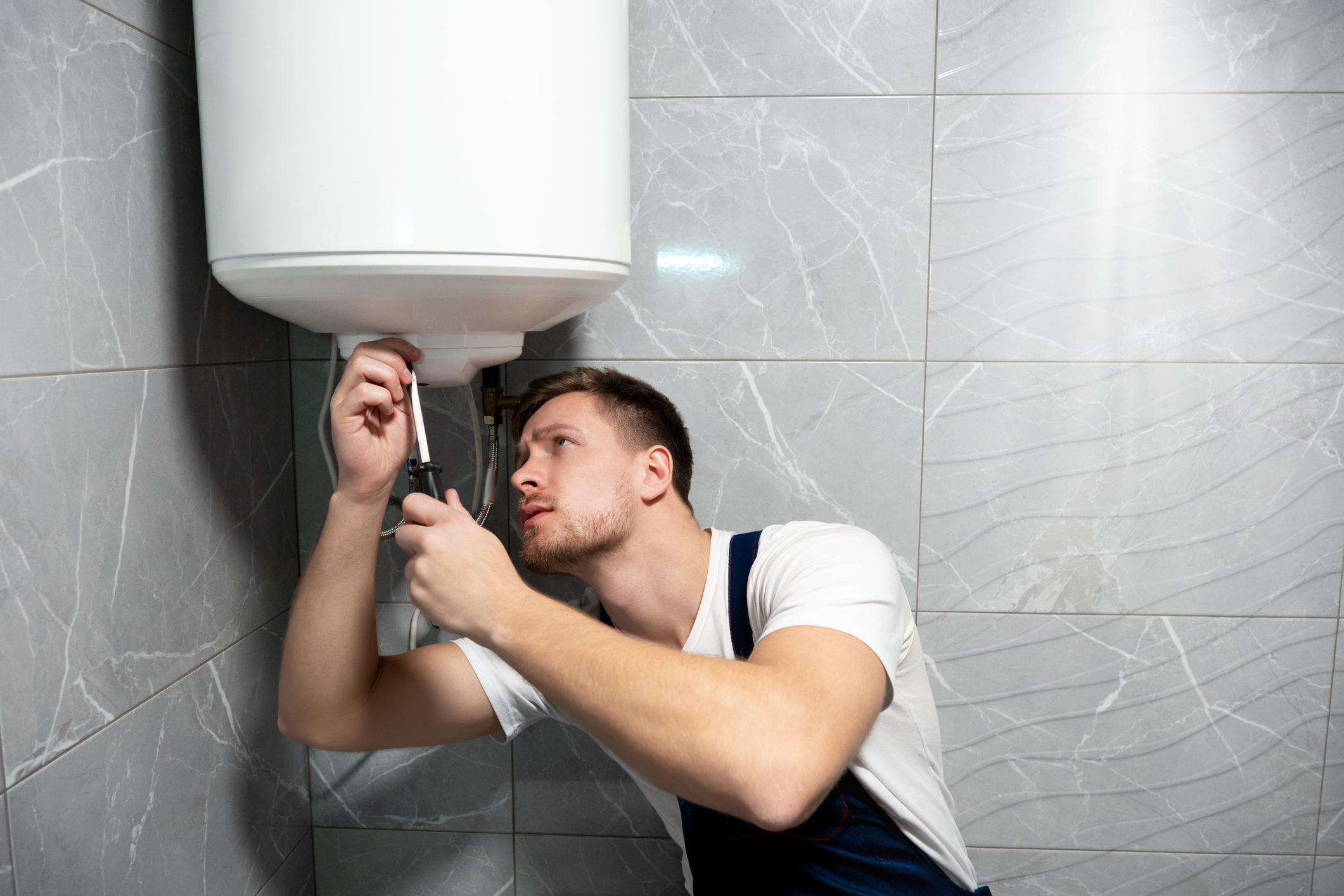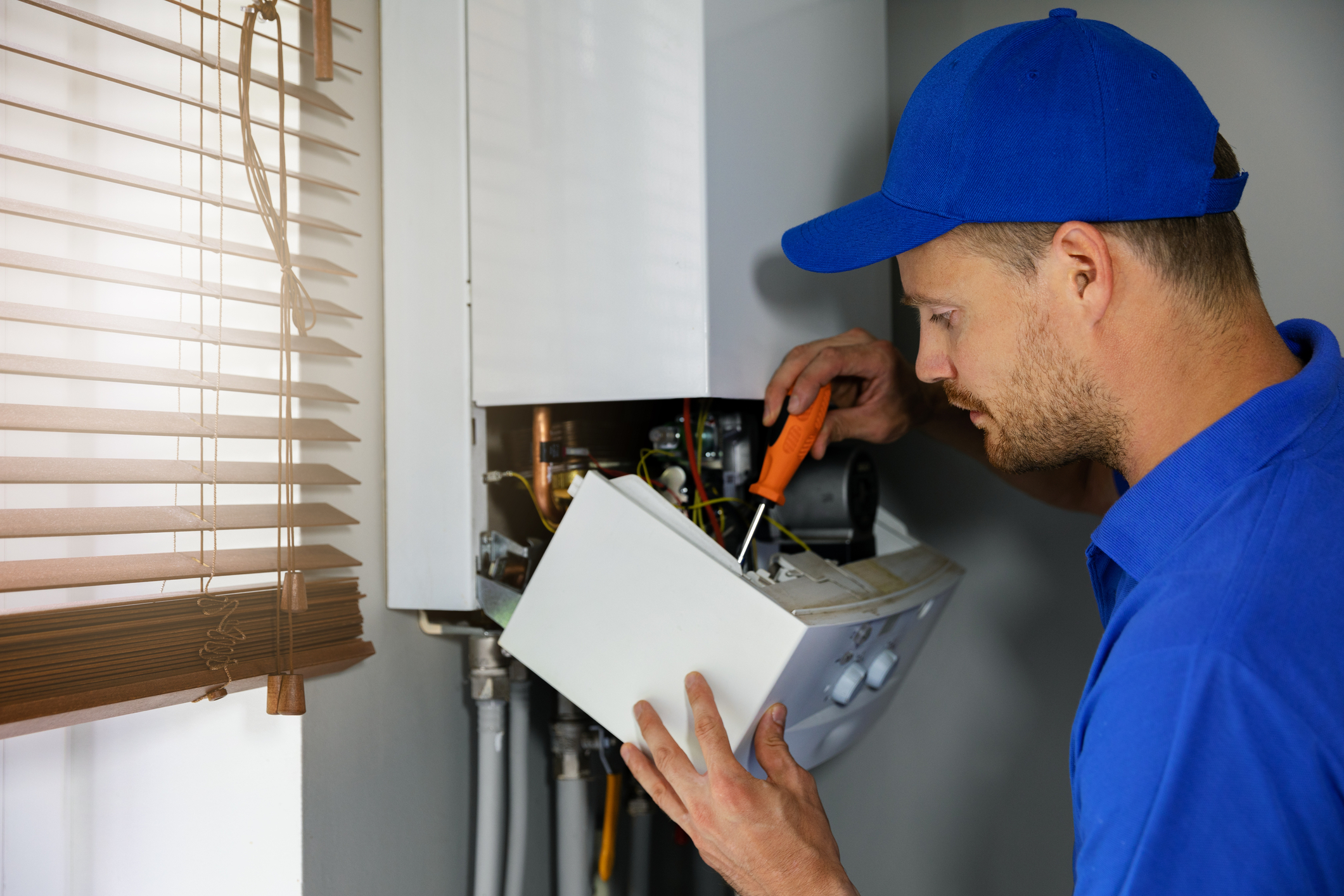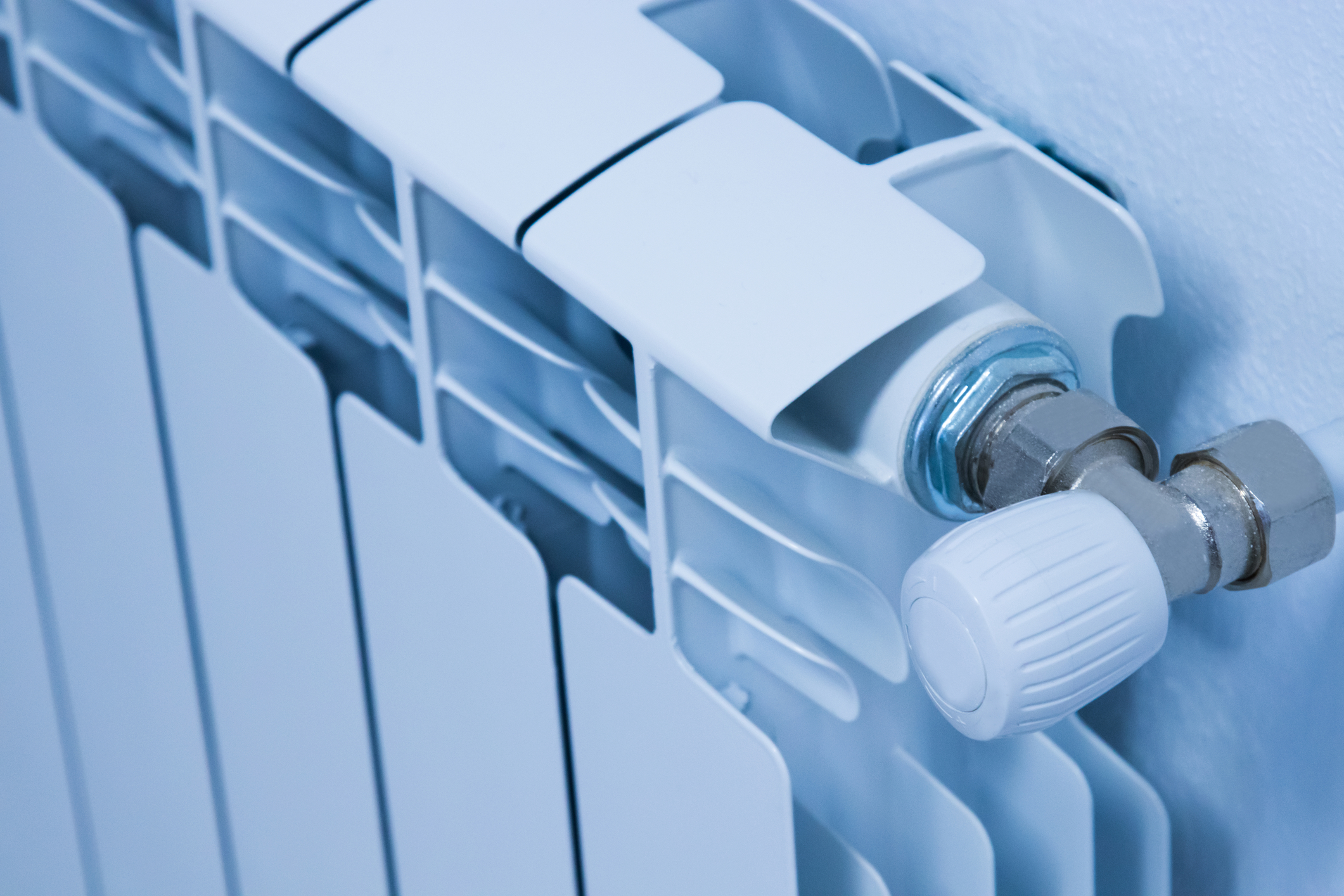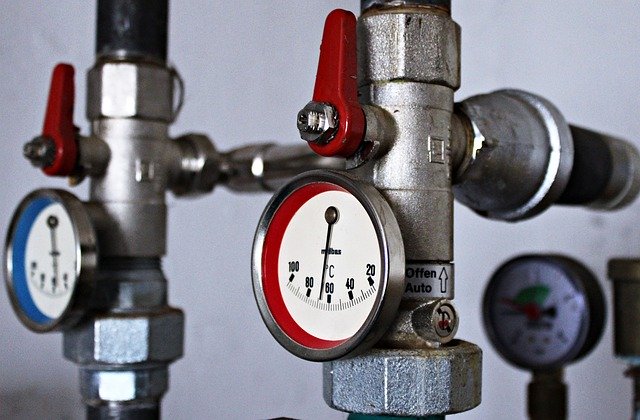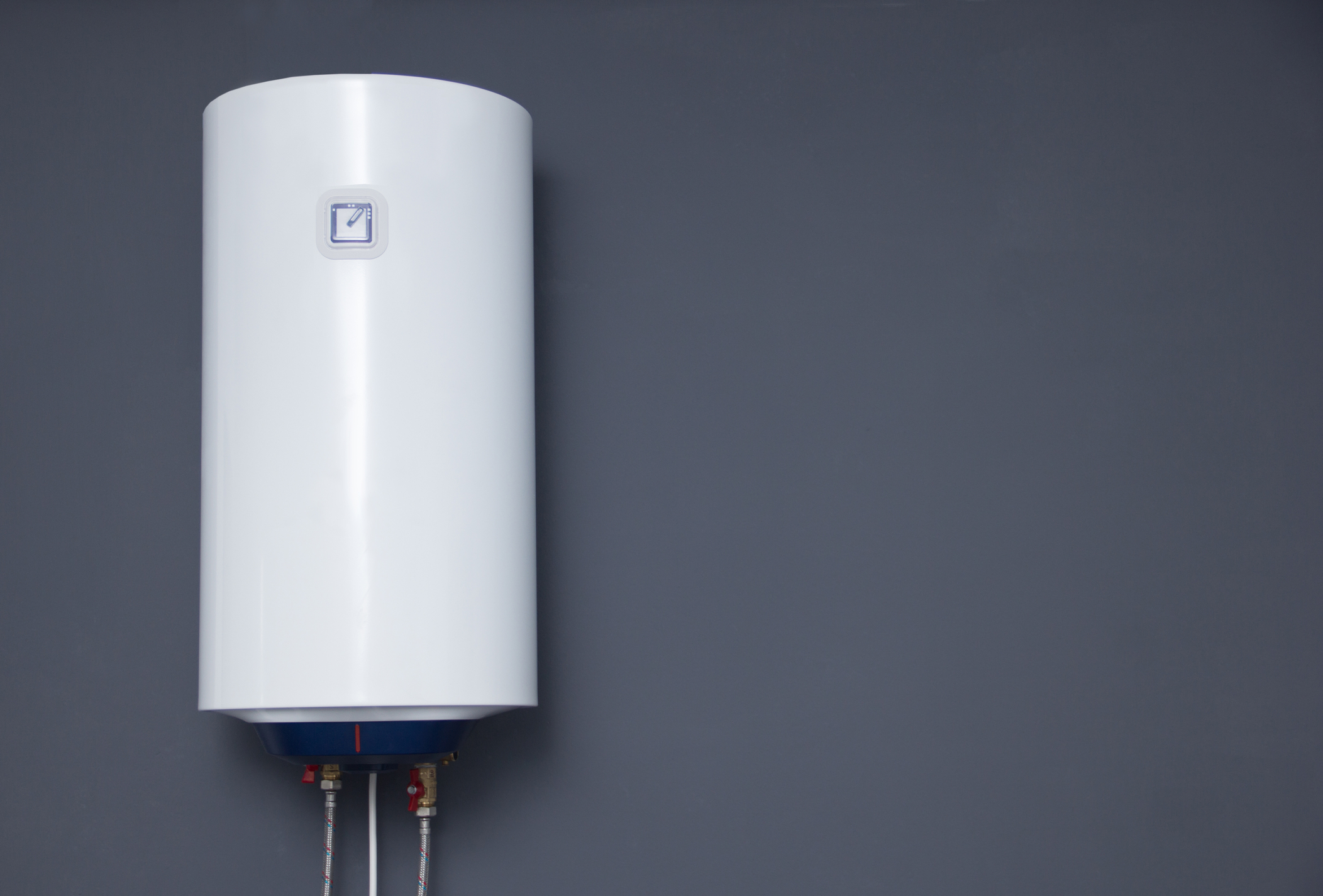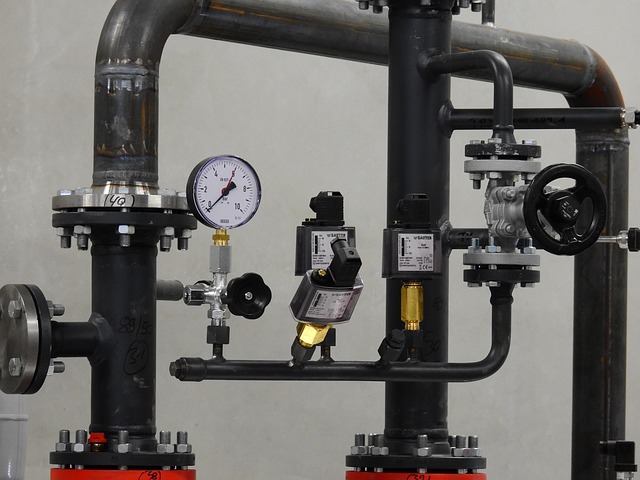A boiler is one of the main fixtures of a house. Boilers are considered as the real heart of your home. Without a functioning boiler, you would have no hot water. That means cold morning showers and a greasy kitchen to boot. Moreover, you would not be able to come home to a toasty room because there’s no boiler to keep your house warm.
Living in a house with a broken boiler can be quite challenging. Have no hot water? Here’s a guide on what to do. Your gas boiler powers your central heating system. Without it, you wouldn’t have a warm house to come home to.
Here is Plumbingforce’s very own Homeowner’s Guide to Boiler Installations
Find the best local plumbers in the UK!
When Should I Replace My Boiler?
It’s essential to know when you should call a professional plumber for boiler maintenance and replacement. In the UK, over 18% of households experienced boiler breakdowns during the winter — definitely not the best time to have a broken boiler.
According to boiler manufacturers, the average boiler lasts about 10years. This number depends heavily on the use and maintenance of the system. One common rookie mistake of first-time homeowners is not taking care of their boiler correctly. This decreases its lifespan and leads to huge costs. A properly maintained boiler can even last for over 20 years. Do the smart thing and invest in boiler maintenance. It’s better than having to pay thousands of pounds on a new boiler installation.
Read more details on when and where you should get your boilers serviced here.
How Long Does A Boiler Installation Take?
Are you installing a new boiler? It’s essential that you know just how long it takes to have a boiler installed. You want to schedule your week around it. When you have contractors inside your house coming in and out, it’s best to be at the premises to oversee the entire project.
Boiler installations are quite complex, especially if your new boiler doesn’t fit into the old system. It can take from one to four days, depending on the complexity of the job and the experience of your chosen plumber.
A broken boiler in your home can be quite a hassle. If you want an extra fast, hassle-free boiler installation, call Plumbingforce now! We provide same-day boiler service so you can have a working boiler as soon as possible.
How Much Do I Have To Pay for Boiler Installation?
Boiler installations are costly. That is why experts recommend investing in boiler maintenance and repairs instead of having to buy a new boiler prematurely. It can cost thousands of pounds, excluding the installation fees. There are several factors that you have to consider, such as what type of boiler you should get: Condensing boilers, Combi boilers or System boilers all have their pros and cons. Read up on the three common types of boilers and their uses here.
If you’re lost on what type would be the best boiler for your central heating system, talk to a Gas Safe registered engineer for their professional opinion.
The price of a new boiler depends on the type, model and manufacturer. You can get a boiler for as little as £400 or as expensive as £3500. Boiler installations can cost from £500 – £1200 depending on the type of boiler and the complexity of the job including distance, available space to work with, and the supplies they need to complete your boiler installation—more details on the cost of boiler replacements here.
Connect with the best local plumbers and boiler engineers near you
Who Can Install My Boiler?
As per country regulations, all gas-related work and renovations can only be done by Gas Safe registered engineers. The Gas Safe Register is the official authorised and regulated list of gas engineers in the country. If you want to have any part of your central heating system fixed, replaced, or installed, you have to find a gas registered engineer to ensure your safety.
When your gas engineer comes to your doorstep, ask for a Gas Safe Register ID. This will contain important information such as their full name, license number, the business they work for, and which gas-related services they are qualified to carry out.
Why You Shouldn’t DIY Your Boiler Installation
Often, homeowners ask, “Why should I call a professional engineer for my boiler installation?” The thought process usually goes like this: I already paid too much for the new boiler. I want to save money by pulling a DIY boiler installation instead of losing another couple hundred pounds on a gas engineer.
If you’re already thinking along this line, STOP. According to UK laws and regulations, only gas safe registered engineers can carry out any gas work services. By DIY-ing your boiler installation, you are putting yourself, your family, your home, and your neighbourhood at risk. The price for a professional installation service is low compared to the damages you may unintentionally cause.
As boilers are connected straight to your gas line, the risks are way too high. Make sure that you call a professional gas engineer to do your boiler installation. Your gas engineer will have firsthand knowledge of how to complete your installation. Whether you’re replacing an old boiler or fitting in a combi boiler, they already know what to do and how to manoeuvre around certain blockades. Their experience will help them finish the installation faster. This way, you get heating more quickly. You don’t want your boiler installation to go the same route as your other DIY projects, half-finished and forgotten in the basement.
They will also have the right tools and supplies needed to complete an installation. Going to the shop and buying screwdrivers, wrenches, and other tools may cost you as much as your gas engineer.
Lastly, your gas engineer has better odds of finishing your boiler installation without a hiccup. When you DIY, you run the risk of damaging your new boiler to the point of no return. Instead of saving £ 500 on a gas engineer, you have to spend another £ 1500 on a new boiler.
How To Find a Gas Safe Registered Engineer For Boiler Installation?
Look no further! Plumbingforce has local gas engineers registered in England that can install a new boiler on the same day as your call. Moreover, Plumbingforce will give a fixed price quote. You won’t have to worry about hidden charges to fix your heating.
Give us a call at 0330 173 2923 for more details on our boiler installations or book online now!

